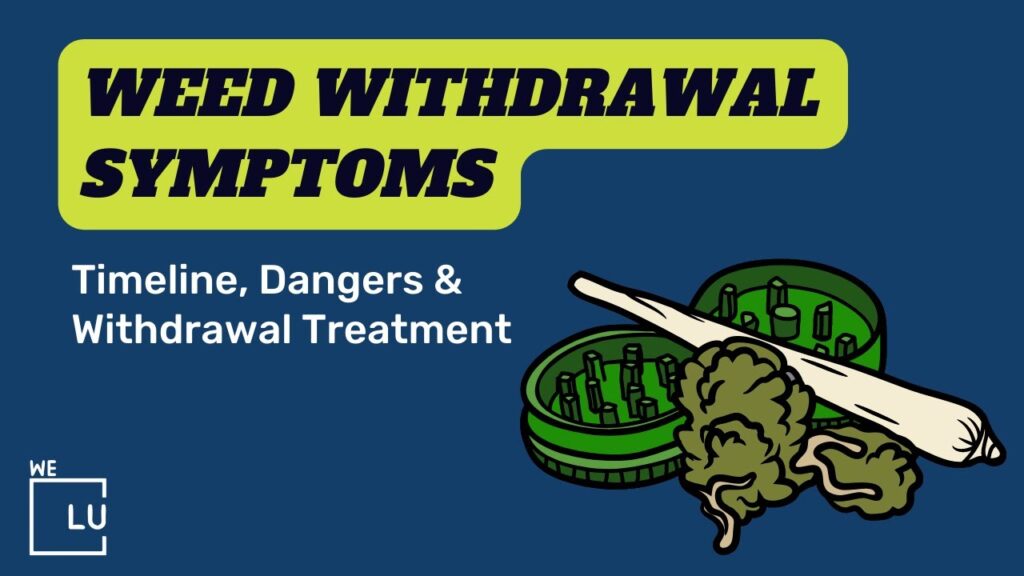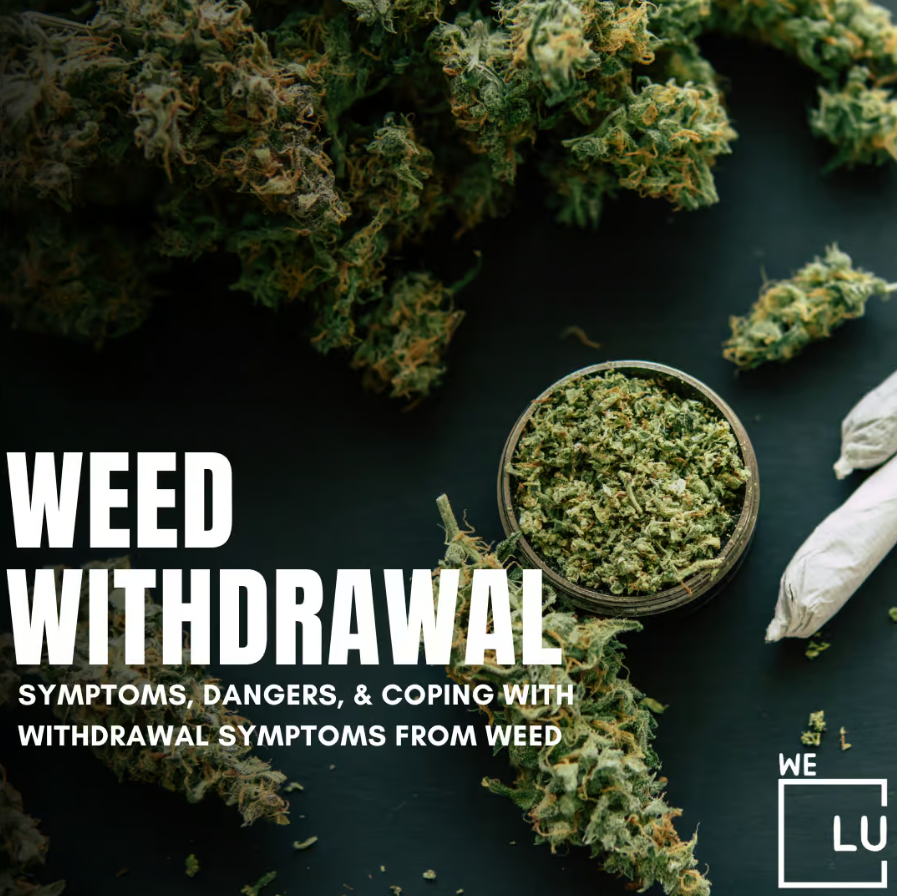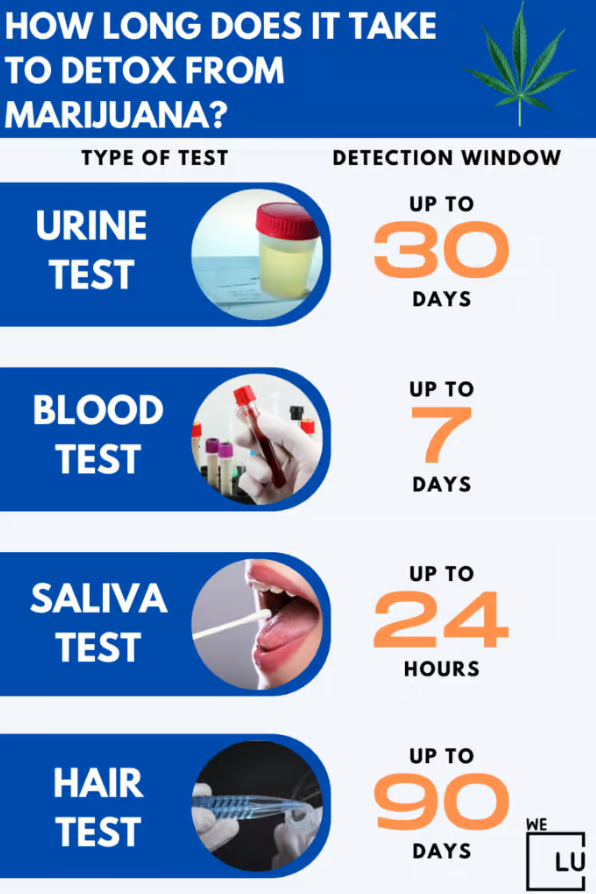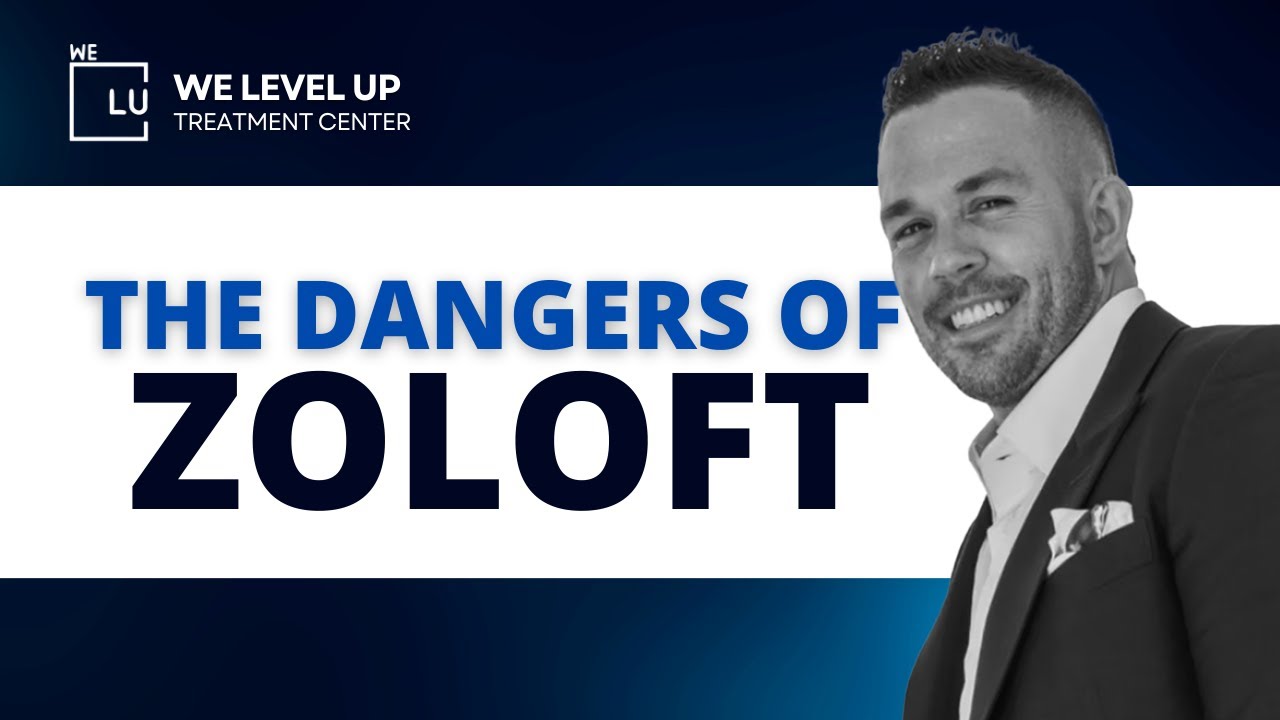Using marijuana, also known as cannabis or weed, can sometimes lead to marijuana use disorder, where individuals find it challenging to quit despite facing health and social issues. The line between habit and marijuana addiction can be blurry, particularly for abusers unable to see the differentiation. The National Institute of Health (NIH) describes the process from first use to substance abuse in four basic steps: experimental use, regular use, problem or risky use, and cannabis use disorder. [1]
According to the National Institute on Drug Abuse (NIDA), recent data suggest that 30% of those who use weed may have some degree of marijuana use disorder. Also, people who begin using weed before the age of 18 are 4 to 7 times more likely to develop an addiction than adults. [2]
Cannabis addiction results from the brain’s adaptation to large dosages by decreasing its sensitivity and synthesis of endogenous neurotransmitters. Regular users may have mood swings, difficulty sleeping, decreased appetite, cravings, restlessness, or physical discomfort when they discontinue using it. These withdrawal effects can persist for up to two weeks and often peak during the first week.
Seeking professional help for marijuana addiction treatment is crucial for a safer and more effective process, providing essential support for both physical and psychological aspects.
Make this your opportunity to reclaim your life. Call We Level Up Texas marijuana rehab 24/7 for consultation. Every call is free and confidential.
Can You Get Addicted to Weed?
In the 1850s, the U.S. started using cannabis for medical purposes, but later regulations treated it as a habit-forming substance requiring a prescription. Today, federally, marijuana is seen as high-risk, but some states allow its recreational or medical use.
Many support marijuana for treating various conditions, but the FDA requires consistent ingredients, challenging marijuana’s varied compounds and smoking methods. FDA-approved drugs use THC for pain and nausea, while ongoing research explores other compounds like cannabidiol. Dronabinol and nabilone contain THC and are used to treat nausea and vomiting caused by cancer chemotherapy. [3]
Marijuana has become more potent over the years, with THC concentration rising from 4% in the 1980s to 15% in 2012. In 2023, the percentage has increased to more than 30% THC. This increased potency poses risks for new users facing more potent effects and for frequent users at a higher risk of addiction. [4]
THC, or delta-9-tetrahydrocannabinol, is the primary psychoactive compound in marijuana, responsible for its mind-altering effects.
Signs of Marijuana Addiction
Marijuana addiction happens when you cannot stop using the drug even though it interferes with many aspects of your life. The most common signs and symptoms of marijuana addiction are:
- Using more marijuana than intended.
- Trying but failing to stop using marijuana.
- Spending a lot of time and money on using marijuana.
- Craving marijuana.
- Using marijuana even though it causes trouble at home, school, or work.
- Continuing to use weed despite social or relationship issues.
- Giving up crucial activities with friends and family in favor of using marijuana.
- Using weed in high-risk circumstances, such as while driving a car.
- Continuing to use marijuana despite physical or psychological issues.
- Needing to use more weed to get the same high.
- Experiencing withdrawal symptoms when quitting marijuana use.
The Effects of Marijuana Addiction
When you smoke weed, THC quickly enters the bloodstream, reaching the brain and other body parts. On the other hand, eating or drinking it makes THC to be absorbed more gradually.
THC works on the brain’s cannabinoid receptors, part of the endocannabinoid system, crucial for normal brain development and function. These receptors are most concentrated in brain areas, influencing the following:
- Pleasure.
- Memory.
- Thinking.
- Concentration.
- Sensory perception.
- Time perception.
- Coordinated movement.
Marijuana makes the endocannabinoid system work too much, resulting in the “high” feeling and various effects like:
- Changes in mood and perception.
- Coordination problems.
- Trouble thinking and solving problems.
- Learning difficulties and memory issues.
- Reduced appetite.
Health Risks of Marijuana Addiction
Marijuana use comes with various health hazards, significantly affecting the heart, lungs, and mental health.
Lung and Heart Risks
Cannabis irritates the lungs, which results in mucus, daily coughs, and recurrent chest infections. It weakens the immune system and raises the risk of lung infections. In addition to raising blood pressure and pulse rate, marijuana usage also increases the risk of heart attacks, especially in the first hour following consumption.
Mental Health Risks
Cannabis use disorder is correlated to psychiatric problems such as depression, anxiety, and personality disorders. It can trigger a brief psychotic episode in some users and worsen conditions like schizophrenia. It is also associated with suicidal thoughts, especially among young individuals.
Pregnancy and Developmental Risks
Using weed during pregnancy raises the risk of neurobehavioral problems in newborns. It can change the developing endocannabinoid system in the fetus’s brain, affecting attention, memory, and problem-solving.
Effects on Brain Development
Young, heavy marijuana users’ brain development is significantly impacted by the drug, which impairs thinking and memory. Extended usage may reduce cognitive capacity and IQ drop, particularly throughout adolescence.
Driving Risks
Marijuana use while driving can cause impairments in judgment and motor coordination, which increases the likelihood of collisions. Additionally, the synergistic effects of alcohol and marijuana make the combo even more deadly.
In addition to the health risks associated with marijuana use, individuals who develop a dependence on the substance may experience withdrawal symptoms upon cessation.
If you’re detoxing from marijuana, get treatment counseling that works. Discover professional help from We Level Up Texas’ addiction and mental health therapists. Start getting support with a free call to our addiction hotline.
Get Help. Get Better. Get Your Life Back.
Searching for Accredited Drug and Alcohol Rehab Centers Near You? We Level Up Texas Is Opening Soon!
Even if you have failed previously and relapsed, or are in the middle of a difficult crisis, we stand ready to support you. Our trusted behavioral health specialists will not give up on you. When you feel ready or just want someone to speak to about therapy alternatives to change your life call us. Even if we cannot assist you, we will lead you to wherever you can get support. There is no obligation. Call our network hotline today.
FREE Addiction Hotline – Call 24/7Is Marijuana Addictive?
The cause of addiction involves initial experimentation with marijuana. This could happen perhaps at a party with peers or even as a form of parental defiance or as a way to blow off steam. Experimentation does not necessarily mean continued use; some users do not enjoy the sensation that accompanies weed. Others may use it only periodically when in the company of friends and family.
However, when a user moves on to regular marijuana use, they begin to neglect responsibilities like work or school, think about weed use often, use marijuana to fix problems, or pull away from friends and family due to perceived misunderstandings about their use.
All interest in activities other than marijuana starts to wane. Users often lose interest in school or work, neglect relationships, increase use, or even start using more problematic drugs. Legal problems may also arise.
In active marijuana addiction, nothing matters but weeds. All of the day’s occasions are centered around searching for and using marijuana, and personal relationships disappear.
Is Marijuana Physically Addictive?
Addiction and dependence on weed are often linked with a significant physical withdrawal process from the substance. Even though cannabis use reduction does not typically show high-intensity physical withdrawal symptoms, people who are downsizing or stopping use do report withdrawal symptoms. Common withdrawal symptoms are:
- Irritability.
- Sleep disturbances.
- Decreased appetite.
- Cravings.
- Anxiety.
Physical Symptoms of Marijuana Addiction
To check drug abuse, it’s crucial to recognize both physical and mental signs of abuse. Here are the physical signs that someone may have been abusing marijuana:
- Red eyes (side effect of THC).
- Daily cough and phlegm production.
- Frequent acute chest illness.
- Increased risk of lung infections.
- Damage to the immune system.
- Decreased appetite.
- Increased heart rate and blood pressure.
- Temporary psychotic reactions in some users.
- Neurobehavioral problems in babies born to mothers who used during pregnancy.
- Thinking and memory problems.
- Impaired judgment and motor coordination.
The best detox for weed is with professional support. If you’re seeking assistance with your weed addiction rehab journey, reach out to a We Level Up Texas treatment professional today—your call is free and confidential.
Opening Soon! First-Class Facilities & Amenities
World-Class High-Quality Addiction & Mental Health Rehabilitation Treatment
Coming Soon! Rehab Centers TourRenowned Addiction Centers. Serene Private Facilities. Inpatient Rehab Programs Vary.
FREE Addiction Hotline – Call 24/7Proven recovery success experience, backed by a Team with History of:
15+
Years of Unified Experience
100s
5-Star Reviews Across Our Centers
10K
Recovery Success Stories Across Our Network
- Low Patient to Therapist Ratio
- Onsite Medical Detox Center
- Comprehensive Dual-Diagnosis Treatment
- Complimentary Family & Alumni Programs
- Coaching, Recovery & Personal Development Events
Marijuana Withdrawal Symptoms
The frequency and length of usage determine the duration of withdrawal from cannabis. Following a weed withdrawal, acute symptoms often last for one to two weeks. However, after a few weeks, some individuals can continue to feel withdrawals, including mood swings and sleeping problems.
The intensity and duration of weed withdrawal symptoms might vary, so it can be helpful to receive professional advice to help you through the process.
Marijuana Withdrawal Timeline and Symptoms Chart
| Time After Quitting | Withdrawal Symptoms |
|---|---|
| 1-3 Days | Irritability, insomnia, loss of appetite |
| 4-7 Days | Mood swings, anxiety |
| 1-2 Weeks | Nausea, headaches, sweating |
| Beyond 2 Weeks | Fatigue, difficulty concentrating |
How Long Does the Weed Stay in Your System?
The period of marijuana detection in your system varies based on factors such as metabolism and how often you use it. THC, the primary psychoactive component in marijuana and responsible for its euphoric effects, is generally present in urine for up to 30 days. However, for infrequent users, this period may be shorter. Saliva and blood tests, typically used for detection, usually have a narrower window, detecting use within a few hours to a few days.

We Level Up Texas Rehab for Weed
For marijuana addiction, inpatient treatment is advised when clients need a controlled and promising setting to treat their dependency completely. To successfully manage withdrawal symptoms, this intensive residential setting provides round-the-clock medical monitoring, therapeutic therapies, and support. Through counseling, group therapy, and skill-building sessions, inpatient rehab also delivers a concentrated and comprehensive approach to address the psychological elements of addiction that influence it.
Inpatient treatment is a more regulated and reassuring atmosphere, and it is highly advised for marijuana addiction. Relapse during the early stages of rehabilitation is less likely in the controlled setting because it limits external triggers and distractions.
To provide you with a greater degree of care and support while medical professionals navigate the difficulties of eliminating marijuana dependency and building a foundation for sustained recovery, this all-encompassing approach takes into account both the physical and psychological components of marijuana addiction.
Get a free weed rehab insurance check without any obligation. The result can help you explore several treatment options.
Withdrawal Symptoms From Weed (Marijuana) Timeline, Effects and Addiction Dangers | Informative Video
Start a New Life
Begin with a free call to an addiction & behavioral health treatment advisor. Learn more about our dual-diagnosis programs. The We Level Up treatment center network delivers recovery programs that vary by each treatment facility. Call to learn more.
- Personalized Care
- Caring Accountable Staff
- World-class Amenities
- Licensed & Accredited
- Renowned w/ 100s 5-Star Reviews
We’ll Call You
Search We Level Up Texas Marijuana Addiction Treatment, Mental Health Topics, and Resources
Sources
- Weinstein AM, Gorelick DA. Pharmacological treatment of cannabis dependence. Curr Pharm Des. 2011;17(14):1351-8. Doi: 10.2174/138161211796150846. PMID: 21524266; PMCID: PMC3171994. https://www.ncbi.nlm.nih.gov/pmc/articles/PMC3171994/
- NIDA. 2021, April 13. Is marijuana addictive? Retrieved from https://nida.nih.gov/publications/research-reports/marijuana/marijuana-addictive on 2024, January 5
- Cannabis (Marijuana) and Cannabinoids: What You Need To Know – National Center for Complementary and Integrative Health (.gov)
- Recently Adopted Cannabis Legalization Laws – https://alcoholpolicy.niaaa.nih.gov/recently-adopted-cannabis-legalization-laws National Institutes of Health (NIH)
- Sharma P, Murthy P, Bharath MM. Chemistry, metabolism, and toxicology of cannabis: clinical implications. Iran J Psychiatry. 2012 Fall;7(4):149-56. PMID: 23408483; PMCID: PMC3570572. https://www.ncbi.nlm.nih.gov/pmc/articles/PMC3570572/ Study related to Is weed addictive Harvard; Can you be addicted to marijuana? Am I addicted to weed?
- Connor JP, Stjepanović D, Budney AJ, Le Foll B, Hall WD. Clinical management of cannabis withdrawal. Addiction. 2022 Jul;117(7):2075-2095. Doi: 10.1111/add.15743. Epub 2022 Jan 10. PMID: 34791767; PMCID: PMC9110555.
- Bonnet U, Preuss UW. The cannabis withdrawal syndrome: current insights. Subst Abuse Rehabil. 2017 Apr 27;8:9-37. Doi: 10.2147/SAR.S109576. PMID: 28490916; PMCID: PMC5414724. https://www.ncbi.nlm.nih.gov/pmc/articles/PMC5414724/
- Zehra A, Burns J, Liu CK, Manza P, Wiers CE, Volkow ND, Wang GJ. Cannabis Addiction and the Brain: a Review. J Neuroimmune Pharmacol. 2018 Dec;13(4):438-452. Doi: 10.1007/s11481-018-9782-9. Epub 2018 Mar 19. PMID: 29556883; PMCID: PMC6223748. https://www.ncbi.nlm.nih.gov/pmc/articles/PMC6223748/
- Patel J, Marwaha R. Cannabis Use Disorder. [Updated 2022 Jul 11]. In: StatPearls [Internet]. Treasure Island (FL): StatPearls Publishing; 2023 Jan-. Available from: https://www.ncbi.nlm.nih.gov/books/NBK538131/ Research for weed addicted individuals; weed is addictive; is weed addicting; how addictive is marijuana.
- Budney AJ, Roffman R, Stephens RS, Walker D. Marijuana dependence and its treatment. Addict Sci Clin Pract. 2007 Dec;4(1):4-16. Doi: 10.1151/ascp07414. PMID: 18292704; PMCID: PMC2797098. https://www.ncbi.nlm.nih.gov/pmc/articles/PMC2797098/









